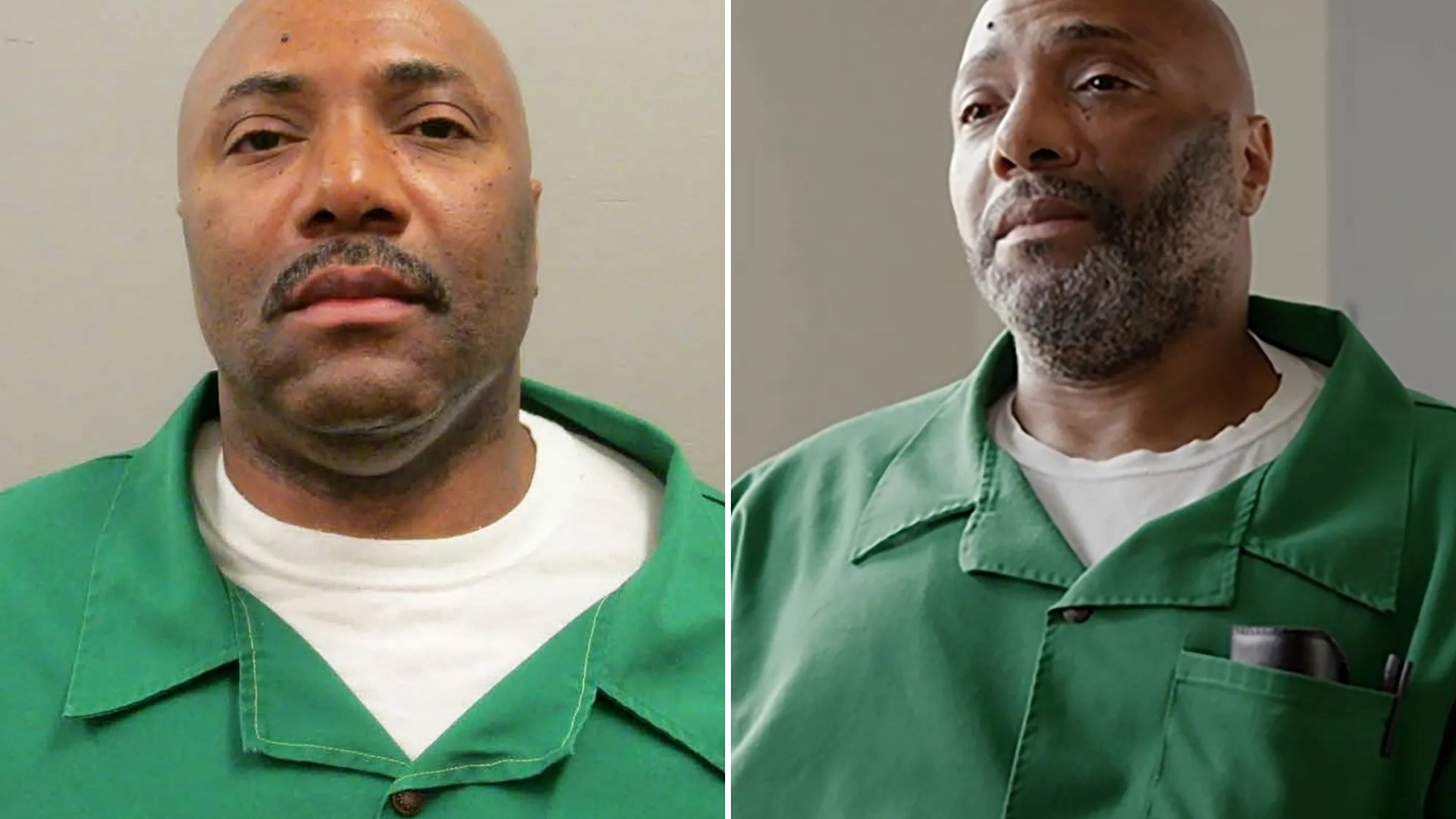The writer is editor-in-chief of the Polish weekly Kultura Liberalna and currently a senior fellow at the Zentrum Liberale Moderne in Berlin
In 2012, the eyes of Europe were on Poland and Ukraine as the two countries jointly hosted the European Championship football tournament. Warsaw was even keen to present itself as Kyiv’s informal ambassador to western Europe. The mental map of Europe was to move eastward.
Polish and Ukrainian confidence about the future did not last long. In 2014, Russia attacked Ukraine, an act of aggression that cut through the region’s post-cold war optimism. Donetsk, one of eight cities that hosted the Euro matches, is occupied by Russia. The solidarity has shifted to a war footing.
Poland and Ukraine have come a long way in more than two years: from spontaneous camaraderie to a series of misunderstandings. I read this as a sign of the wider geopolitical change in the region. The reasons for the Polish-Ukrainian arguments are structural and will not easily go away. Moreover, Ukraine’s aspirations to join the EU and Nato may intensify them.
Only recently, a sharp dispute was said to have arisen in Kyiv between Ukrainian President Volodymyr Zelenskyy and Polish foreign minister Radosław Sikorski. According to media reports, which have not been denied, Zelenskyy demanded, among other things, the delivery of MiG-29 fighter jets. In turn, Sikorski demanded a solution to the problem of the exhumation of some tens of thousands of Poles murdered by Ukrainians in the Volhynian massacre during the second world war.
The ensuing non-diplomatic brawl was only one link in a chain of acrimonious incidents. In July, Władysław Kosiniak-Kamysz, Poland’s deputy prime minister and defence minister, declared that Ukraine could not be admitted to the EU until Warsaw and Kyiv resolved the issue of Volhynia. Later, the atmosphere grew more heated after Sikorski, in a closed discussion, was said to have aired the possibility of placing Crimea under a UN mandate with the prospect of a referendum on the territory’s status in the distant future. In turn, a former head of the Ukrainian foreign ministry, during a recent meeting in Poland, was tempted to make ambiguous statements that could have been interpreted as questioning Poland’s borders.
These frictions are all the more surprising given the result of last year’s parliamentary elections in Poland. After eight years, the national populist Law and Justice (PiS) party was replaced in power by a coalition led by Donald Tusk, a former premier who had embodied Polish-Ukrainian friendship by helping to organise the Euro 2012 event. The past few weeks prove that the war is changing us all, Poles and Ukrainians alike. So what is happening?
First, the Polish government is operating under post-populist conditions. There is no automatic return to the old days. Tusk’s coalition is trying to decrease the nationalistic egoism with which the PiS government saturated society. But his strategy of moving the electorate away from the national populists is proceeding slowly and cautiously. It is like serving mild mayonnaise after eight years of spicy mustard.
In practice, this means that the Tusk government is not jettisoning all aspects of foreign policy as conducted in the PiS era. It exhibits a certain intransigence towards foreign partners, including Ukraine. This is best understood as part of the process of Poland’s transition from populism to liberal democracy.
Second, compared with 2012, the war brought an end to the era of the “junior partner” in bilateral relations. To the world’s surprise, Ukraine not only stopped Vladimir Putin’s blitzkrieg, but dared to send troops into Russian territory. It is building global relations without intermediaries. The Ukrainian army is one of the most battle-tested in Europe. In the matter of new weapons such as drones, it is Poland that could learn a lot from Ukraine.
When peace comes, Ukraine will claim a greater role in the region. We are witnessing a geopolitical shift in eastern Europe. Kyiv wants to join Nato and the EU and to play an important role. For Ukrainian politicians, there are areas on the horizon in which reliance on foreign aid may give way to competition. In this context, they feel empowered to address the politics of historical memory more uncompromisingly.
In the meantime, all too often politicians in both countries recently have engaged in a kind of competitive verbal bidding — apparently to fill an intellectual vacuum in front of their citizens. “Where two fight, the third benefits” is the conventional saying. Moscow has not ceased to be a threat to the region. Unfortunately, recent wrangles prove that such geopolitical clichés, however true they may be, are quickly forgotten by some politicians.




















































































































































You must be logged in to post a comment Login